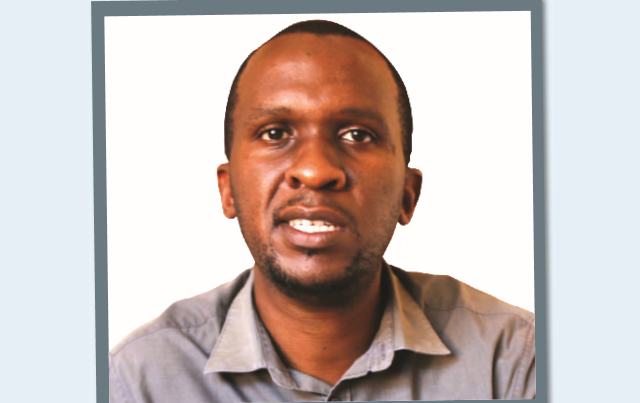
Jesse Tukacungurwa is the CEO of Oncepti architects. He spoke to The Independent’s Agnes E Nantaba about the architects’ role in bridging Uganda’s housing deficit.
What are the key elements in your management philosophy?
As a manager, I am a perfectionist. I like to put my hands on almost everything. It is something I am trying to avoid because sometimes I find myself overwhelmed. Ideally, a good manager should be able to delegate.
What is your assessment of the housing industry in Uganda?
We still have a long way to go because developers are still targeting middle and high income earners. If you look at the pyramid of our society, most people are far below the pyramid and thus are not catered for in the current housing projects. To make the situation worse, the population in the low income bracket is increasing as people move from rural to urban areas.
Uganda’s housing deficit is estimated at about 550,000 units, of which 200,000 is a backlog in Kampala alone. How are you working to achieve this housing requirement?
As I earlier said, most developers are targeting middle to high income earners. Nobody has sat down to design a business model that suits the developing houses for low income earners.
We have dealt with the officials from the Ministry of Lands and Housing on how to address this challenge but our observation is that housing is not on their agenda. The government has not even thought of coming up with an incentive like subsidy to ensure that developers set up low cost housing for the majority population.
In Uganda, there is a perception that architects are required to play a very big role in the design process and less in the construction phase. How relevant is an architect in the construction phase?
An architect is very relevant in all stages of construction. Actually, the person who designs the project should be the one to implement it.
The challenge, however, is that it comes with costs which developers are not willing to incur and so tend to involve other people in the implementation.
Fortunately, the law today provides that a developer must have an architect during the entire process with evidence of the contract signed between the two parties.
As architects, do you think you have done enough in executing your duties?
The truth of the matter is that we are not doing enough due to challenges beyond us. We need to get into legislative positions so that we can push for the passing of strong laws.
Every architect has an ethical responsibility to do something good for his or her country because it takes a lot to become one- five years at the university, two years of training and then get registered.
At the moment, there are only about 200 registered architects across the country yet the need is big. We need to increase the numbers and fight quarks in the industry.
What is the biggest challenge as architects?
People don’t appreciate our services. There is also a misconception that architects are expensive yet that is not true considering the role they play in construction.
Architects have been partly blamed for the collapse of buildings in Kampala. What is your take on this?
Actually, this is what normally happens with buildings in Kampala. A developer engages an architect to design for him/her a plan and once it is handed over, sets up a billboard as per the Kampala Capital City Authority regulations with your name on it yet you are not the supervising architect.
The buildings that collapse in Kampala are mainly due to structural failures that can be avoided. Architects are the brain child of the building projects but they are not utilized due to the fact that some developers are not willing to incur an additional costs.
However, we have a government body that regulates our work; Architects Registration Board and Uganda Society of Architects which requires that every architect takes responsibility of any project undertaken.
What is your projection of Uganda’s housing and construction industry?
There’s a huge opportunity in the housing sector as a business because there’s still a big housing deficit in this country. The Kenyan market is already saturated in a way that young people who have just left school have access to several low cost housing units to pick from.
As such, the government need to design a business partnership with private sector and get keener on low cost housing.
****
editor@independent.co.ug
 The Independent Uganda: You get the Truth we Pay the Price
The Independent Uganda: You get the Truth we Pay the Price



